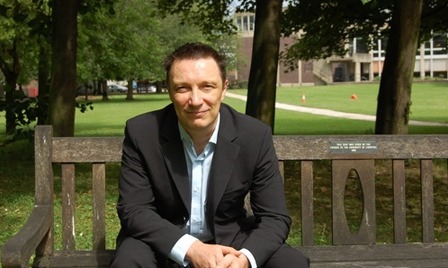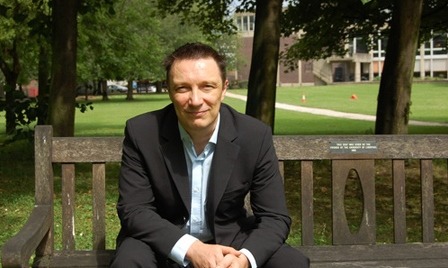Low-energy technique separates complex mixtures
5 Mar 2013
Liverpool University has developed a novel separation technique using synthesised porous cage molecules
Researchers at Liverpool University have developed a low-energy separation technique by synthesising porous organic cage molecules.
The team, led by Professor Andrew Cooper, created organic molecular crystals that are able to separate vital organic aromatic molecules using information about their molecular shape.
“The holes in these cage molecules act like a shape-selective molecular sieve, rather like a children’s wooden shape puzzle,” said Cooper.
The holes in these cage molecules act like a shape-selective molecular sieve
“Using computer simulations we revealed how the porous cages separate the aromatic feedstocks and show that, unlike a wooden shape puzzle, the mechanism actually involves flexibility and motion in the cage sieves.”
Current distillation techniques used within industry can be expensive and involve large amounts of energy for hard-to-separate mixtures.
The ability to separate complex molecules using less energy is a key focus of the project, which hopes to demonstrate the viability of its technique for industrial use.
The research is part of a five-year research programme in materials discovery, funded by the Engineering and Physical Sciences Research Council (EPSRC).




